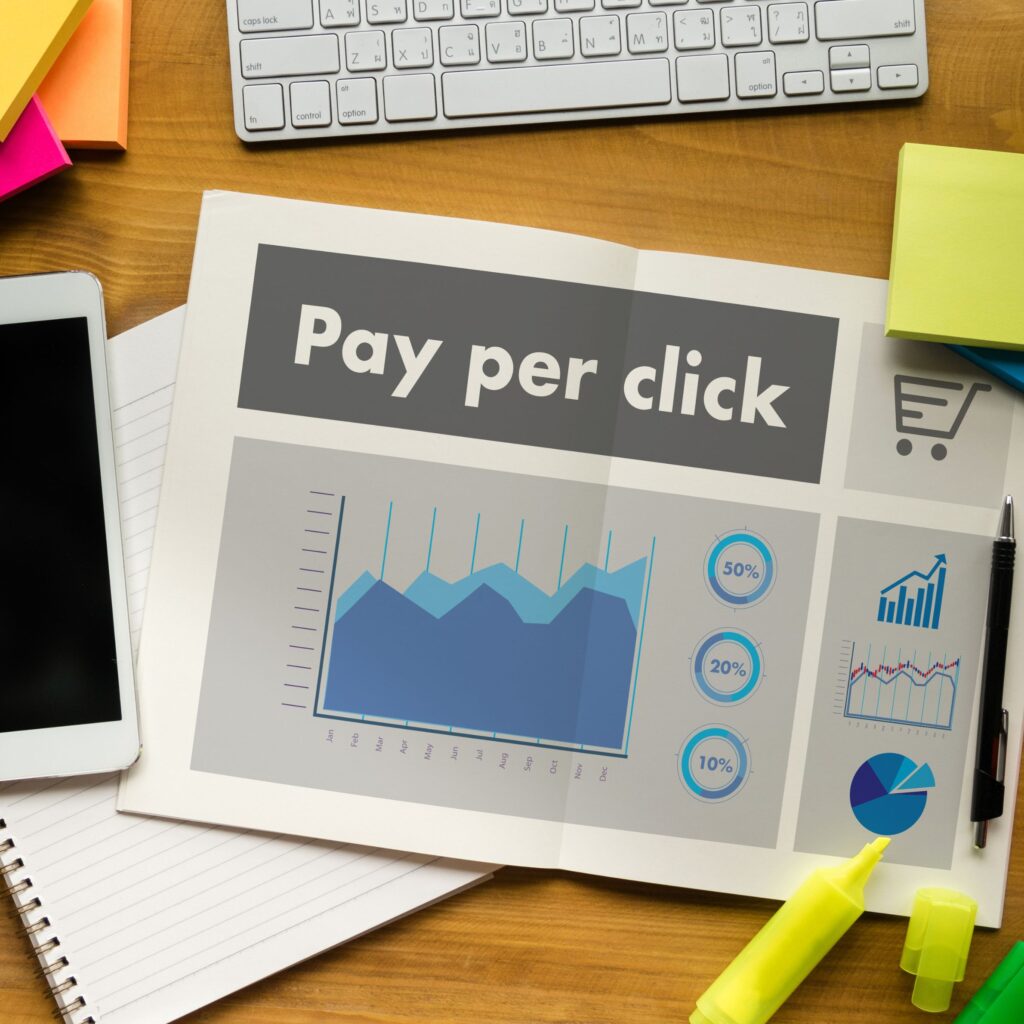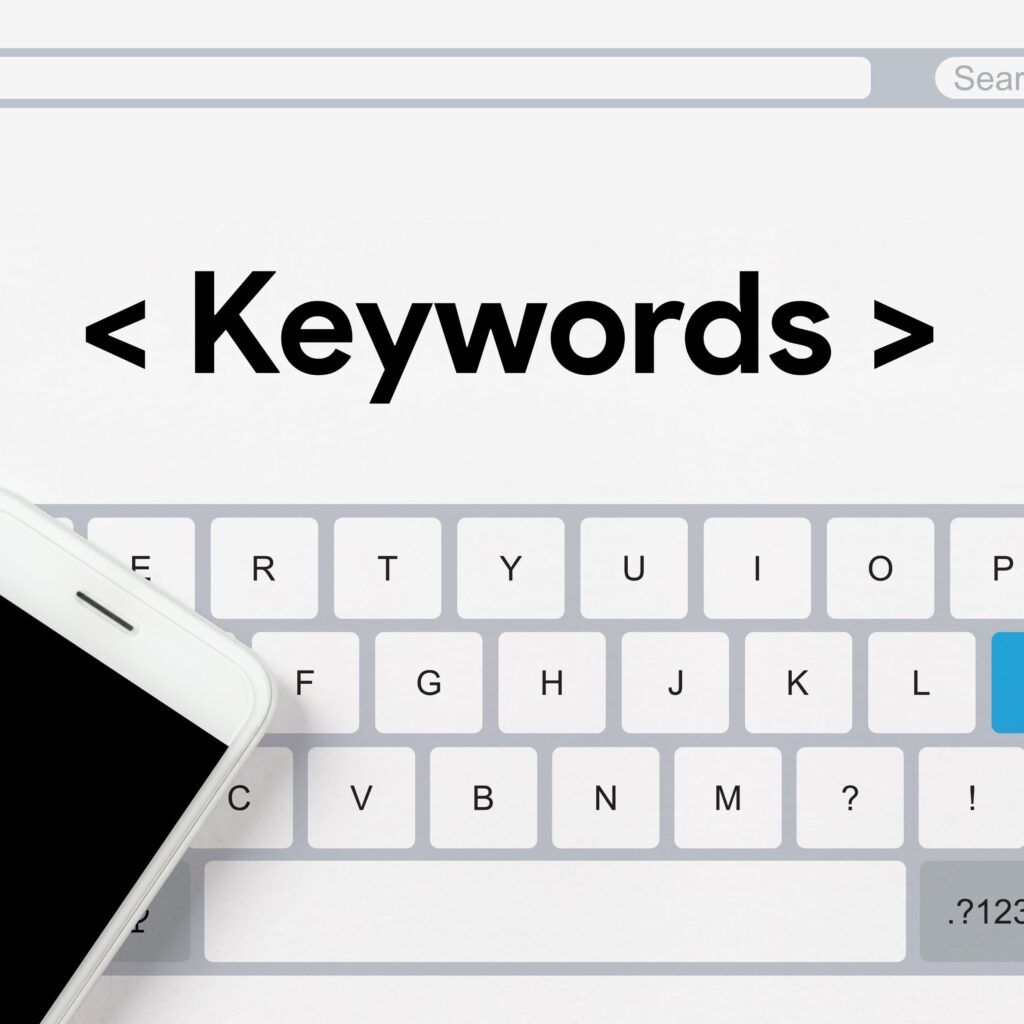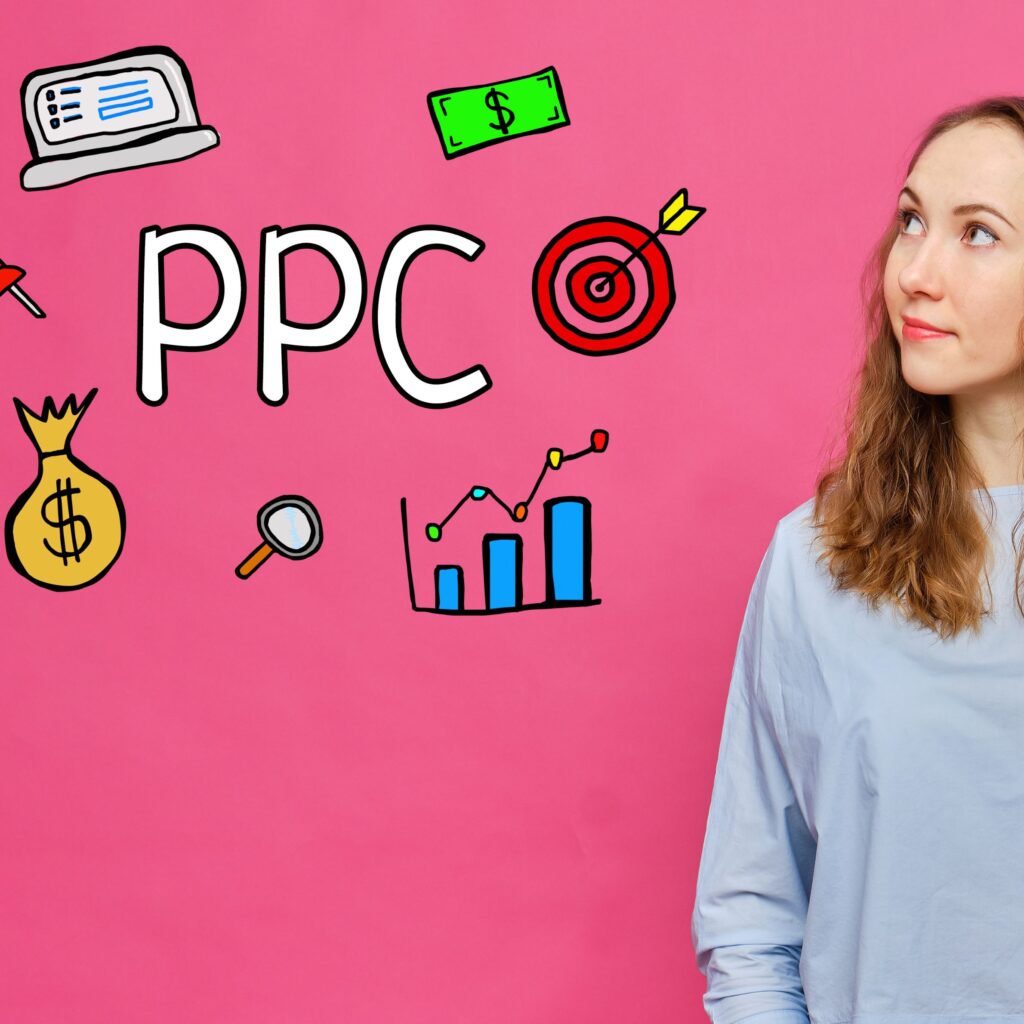
In the ever-evolving world of digital marketing, Pay-Per-Click (PPC) advertising remains a potent tool for businesses looking to drive targeted traffic to their websites and generate leads or sales. However, running a successful PPC campaign is not just about throwing money at Google Ads or other platforms and hoping for the best. To truly make the most of your PPC investment, you need a well-thought-out strategy, constant monitoring, and optimization. In this blog post, we’ll explore the art and science of PPC campaign optimization and how to maximize your Return on Investment (ROI) with smart ad strategies.
Understanding the Basics of PPC
Before diving into the intricacies of PPC campaign optimization, it’s crucial to have a solid grasp of the basics. PPC is an advertising model in which advertisers pay a fee each time their ad is clicked. It’s a way of buying visits to your site rather than attempting to earn those visits organically. Google Ads, Microsoft Advertising, and various social media platforms are popular channels for running PPC campaigns.

Here are some fundamental elements of PPC:
Keywords:
Keywords are the foundation of PPC campaigns. These are the words or phrases that trigger your ads when users search for them. Effective keyword research is essential to identifying the right terms that resonate with your target audience.
Ad Copy:
Your ad copy is the text that users see when your ad is displayed. It should be compelling, relevant, and encourage users to take action, such as clicking through to your website.
Quality Score:
Google and other platforms use a quality score to assess the quality and relevance of your ads, keywords, and landing pages. A higher quality score can lead to lower costs per click (CPC) and better ad placements.
Landing Pages:
The landing page is where users end up after clicking on your ad. It should provide a seamless and relevant user experience, ensuring that visitors find what they’re looking for and are encouraged to take desired actions, like making a purchase or filling out a form.
 The Importance of PPC Campaign Optimization
The Importance of PPC Campaign OptimizationRunning a PPC campaign without optimization is like driving a car with a blindfold on—you might get somewhere, but it won’t be the most efficient or effective route. Here’s why PPC campaign optimization is crucial:
Cost-Efficiency:
Optimization helps you reduce wasted ad spend by targeting the most relevant keywords and audiences. It ensures that your budget is allocated to campaigns and ads that deliver the best results.
Improved ROI:
By optimizing your campaigns, you can increase the return on your advertising investment. This means generating more leads or sales without increasing your budget.
Enhanced Ad Relevance:
Optimization ensures that your ads and landing pages are highly relevant to users’ search queries. This improves your Quality Score and ad rankings, resulting in lower CPCs and better ad positions.
Adaptation to Market Changes:
The digital landscape is dynamic, with new trends, competitors, and user behaviors emerging regularly. Optimization allows you to adapt to these changes and stay ahead of the competition.
Smart Ad Strategies for Maximizing ROI
Now that we understand why PPC campaign optimization is essential, let’s delve into some smart ad strategies to maximize your ROI:
1. Keyword Research and Selection:
- Begin with thorough keyword research using tools like Google Keyword Planner and SEMrush.
- Focus on long-tail keywords, which are more specific and typically have lower competition.
- Regularly review and update your keyword list to stay relevant.

2. Ad Copy Optimization:
- Create compelling ad copy that highlights your unique selling points.
- Use ad extensions to provide additional information and increase ad visibility.
- A/B test different ad variations to determine what resonates best with your audience.
3. Landing Page Optimization:
- Ensure your landing pages are mobile-responsive and load quickly.
- Match the content and messaging on your landing pages to your ad copy.
- Implement clear and persuasive calls-to-action (CTAs).
4. Ad Scheduling:
- Analyze your campaign data to identify peak times when your ads perform best.
- Adjust ad schedules to maximize visibility during these high-conversion periods.
- Don’t waste budget on times when your audience is less active.
5. Negative Keywords:
- Regularly review and update your list of negative keywords to prevent your ads from appearing in irrelevant searches.
- Negative keywords help you save money by avoiding clicks from users unlikely to convert.
6. Quality Score Improvement:
- Focus on improving your Quality Score by enhancing ad relevance and click-through rates.
- Use highly relevant ad extensions and ensure your landing pages align with your ads.
- A higher Quality Score can lead to better ad positions and lower CPCs.
7. Remarketing and Audience Targeting:
- Implement remarketing campaigns to re-engage users who have previously visited your website.
- Utilize audience targeting to show ads to specific groups, such as previous customers or users who abandoned their shopping carts.
8. Budget Management:
- Set clear budget limits for your campaigns and monitor spending regularly.
- Allocate budget based on the performance of individual campaigns, focusing on those with the highest ROI.
9. Competitor Analysis:
- Keep an eye on your competitors’ PPC strategies and adjust your approach accordingly.
- Identify gaps or opportunities in the market that your competitors may have missed.
10. Continuous Testing and Optimization:
- PPC optimization is an ongoing process. Regularly test new keywords, ad copy, and landing page variations.
- Use data and analytics to make informed decisions and fine-tune your campaigns for better results.
PPC campaign optimization is the key to unlocking the full potential of your digital advertising efforts. By implementing smart ad strategies like thorough keyword research, ad copy optimization, landing page enhancements, and continuous testing, you can maximize your ROI and stay competitive in the ever-changing digital landscape. Remember that PPC success is not achieved overnight; it requires dedication, data-driven decision-making, and a commitment to ongoing improvement. With the right approach and a focus on optimization, your PPC campaigns can drive remarkable results for your business.
